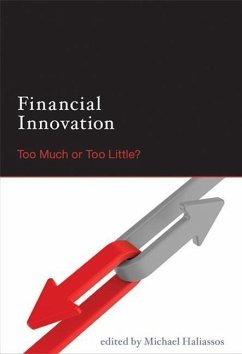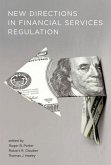In assigning blame for the recent economic crisis, many have pointed to the proliferation of new, complex financial products--mortgage securitization in particular--as being at the heart of the meltdown. The prominent economists from academia, policy institutions, and financial practice who contribute to this book, however, take a more nuanced view of financial innovation. They argue that it was not too much innovation but too little innovation--and the lack of balance between debt-related products and asset-related products--that lies behind the crisis. Prevention of future financial crises, then, will be aided by a regulatory and legal framework that fosters the informed use of financial innovation and its positive effects on the economy rather than quashing innovation entirely.








